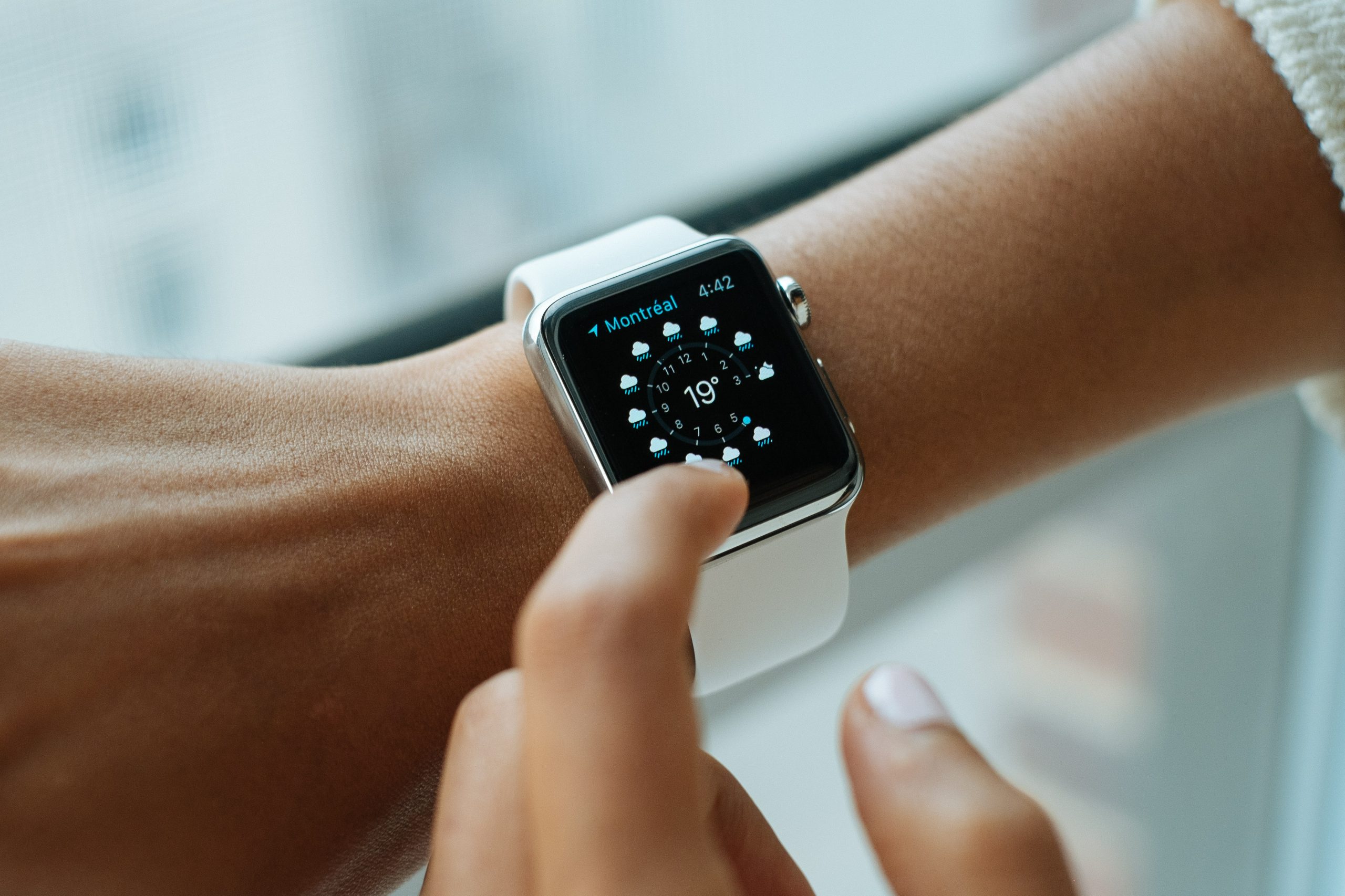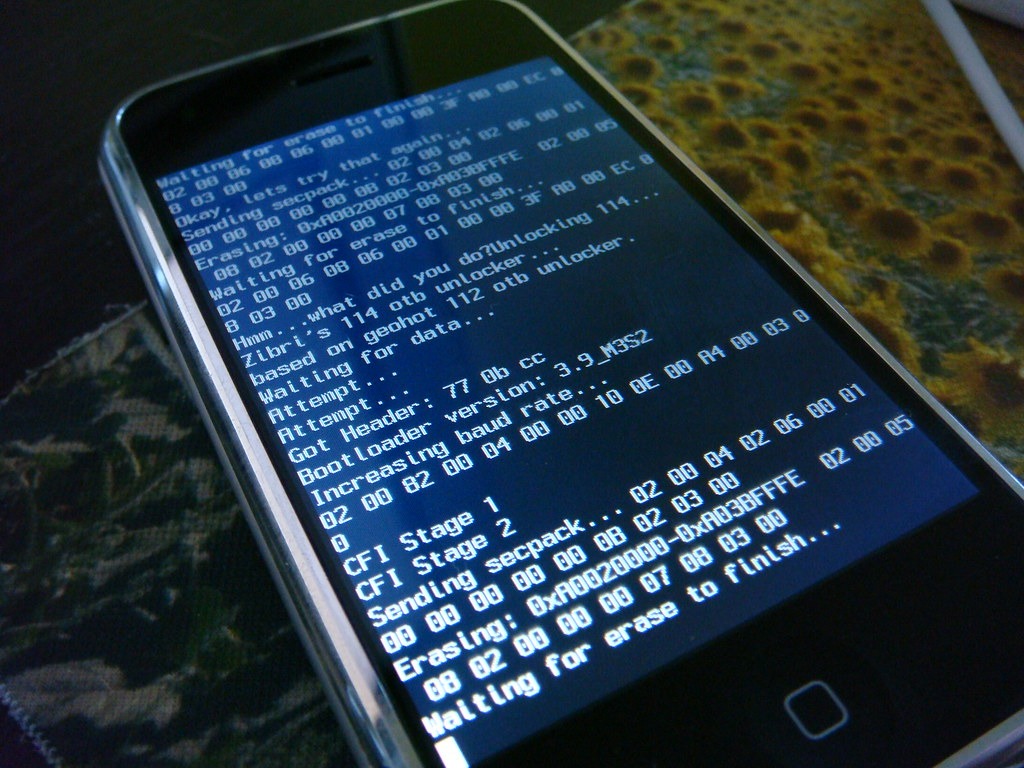That fitness tracker promising to optimize your health? It might be doing the exact opposite. Men who check their smartwatches 80-plus times daily are unknowingly triggering chronic stress responses that accelerate biological aging—turning wellness technology into a wellness trap.
The Always-On Problem
New research reveals how constant monitoring creates micro-stress events throughout your day.
UCLA researchers developed breakthrough technology for real-time cortisol detection through sweat, meaning your smartwatch can now measure stress hormones as they spike. But here’s the twist: the device measuring your stress is also causing it.
Every notification, every “stand up” reminder, every heart rate alert creates micro-interruptions that condition your body for chronic low-level stress responses. You’re essentially wearing a stress generator disguised as a health monitor.
The behavioral data is staggering. Studies show men check their devices upwards of 80 times daily, each interaction potentially triggering cortisol spikes as your body responds to digital alerts and performance metrics.
The Sleep Score Anxiety Spiral
Obsessing over nightly performance metrics can sabotage the very thing you’re trying to improve.
Remember checking Instagram before bed and knowing you shouldn’t? Now imagine that same compulsive behavior, but with your sleep data. Men tracking sleep via smartwatches often experience worse sleep quality due to performance pressure around achieving “good” scores.
You wake up at 3 AM, glance at your wrist, see a mediocre sleep score, and experience anxiety about poor performance. The worry about suboptimal sleep becomes a self-fulfilling prophecy, creating the exact stress hormones that destroy restorative sleep phases.
The Biological Cost
Chronic micro-stress accelerates cellular aging and metabolic disruption in ways you won’t notice until it’s too late.
Here’s where it gets serious. That constant cortisol exposure doesn’t just make you feel anxious—it literally ages you faster. Chronic stress disrupts cellular regeneration, accelerates metabolic dysfunction, and increases risk of age-related illnesses.
Meanwhile, your reliance on algorithmic feedback gradually erodes your natural ability to read your body’s signals. You stop trusting when you feel tired or energized, deferring instead to whatever your wrist tells you. Heavy dependence on wearable feedback may diminish users’ natural self-regulation cues as you begin trusting algorithms over bodily signals.
Taking Back Control
Simple changes can transform your smartwatch from taskmaster back into tool.
The solution isn’t ditching your Apple Watch for a sundial. Experts recommend:
- Disabling non-essential notifications to eliminate micro-stress events
- Focus on weekly trends rather than nightly sleep scores—your body doesn’t care about Tuesday’s numbers
- Establish “no watch” periods for digital detox
Give your nervous system breaks from constant surveillance, supporting tech-free windows for mental restoration.
Your smartwatch should serve you, not stress you. Use it mindfully, or risk becoming a cautionary tale about wellness technology gone wrong.




























